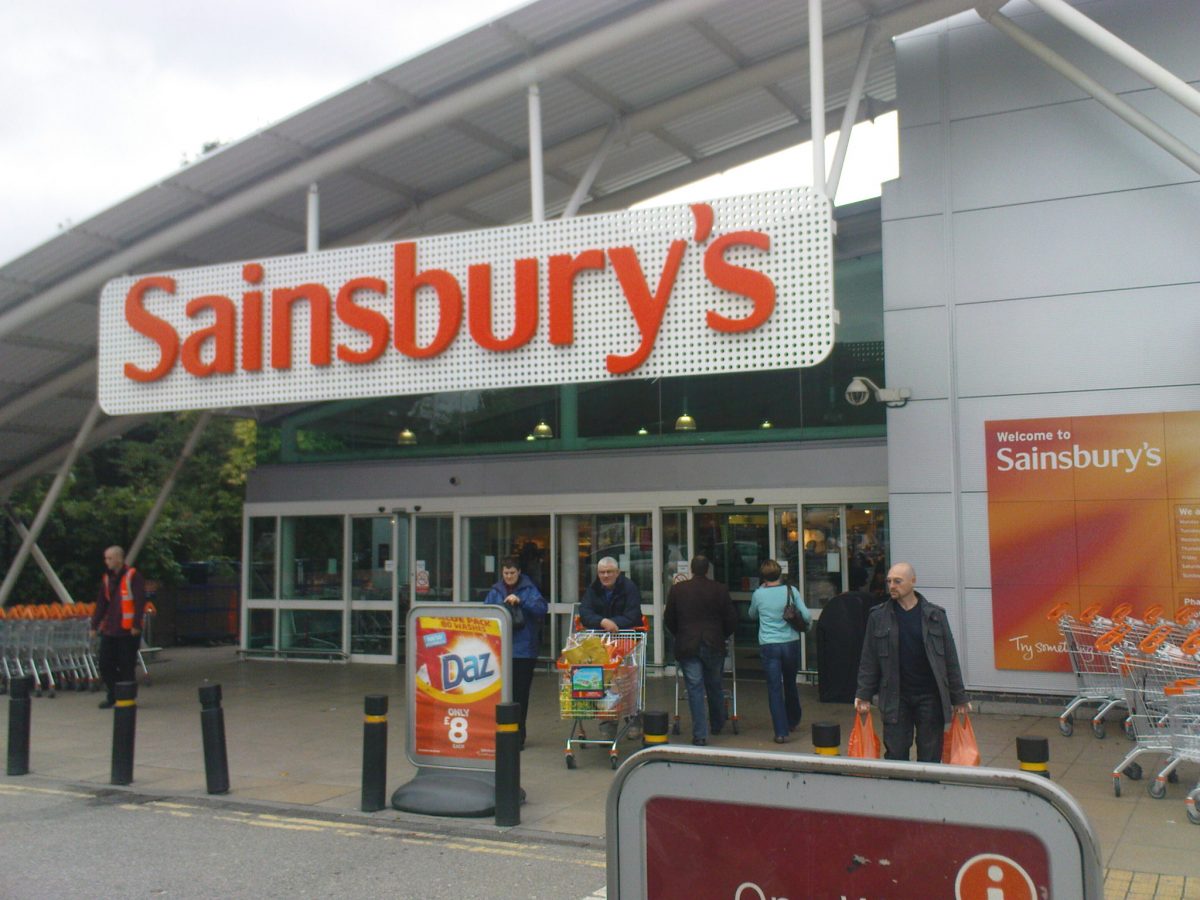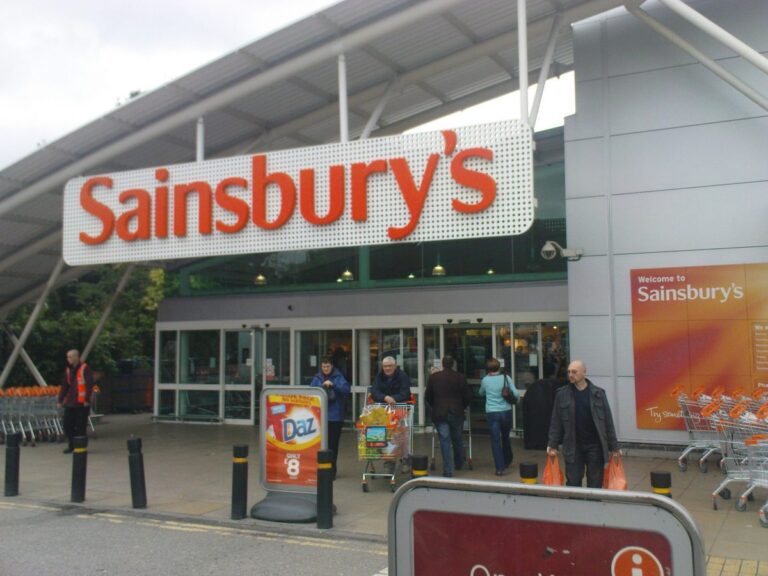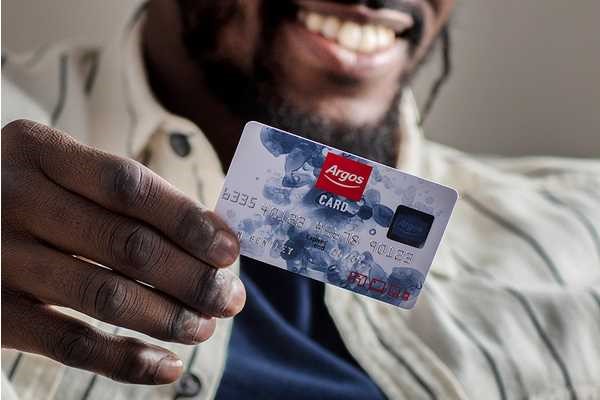J Sainsbury plc (LON:SBRY) has today provided an update on the impact of COVID-19 and Preliminary Results for the 52 weeks to 7 March 2020.
The COVID-19 pandemic has had a significant impact on our business since early March. We have had three clear priorities throughout: keeping our customers and colleagues safe; helping to feed the nation and supporting our communities and the most vulnerable in society. Our colleagues have played an incredible role and have really pulled together to serve our customers. In particular, our store colleagues, our distribution centre colleagues, our drivers and customer Careline teams are working on the frontline, ensuring that customers have good access to food and other essential items. Our central teams have supported them, working closely with suppliers to increase orders and to move products quickly through the supply chain and into stores. Where they are able, our central teams are supporting colleagues by working in our stores. We are incredibly proud of the role our colleagues have played and their unwavering dedication and effort in serving our customers and supporting our local communities during this unprecedented time.
At this very early point in our financial year it is impossible to predict the full nature, extent and duration of the financial impact of COVID-19 over the course of the year and there is a wide range of potential profit outcomes, both short and medium term.
We have modelled a broad range of scenarios. Our base case assumes that lockdown restrictions will have eased by the end of our first quarter (end June), but that the business will continue to be disrupted until the end of the first half (mid-September). We also assume that consumer demand, particularly for general merchandise and clothing, will be impacted by weaker economic conditions thereafter. Sales assumptions are provided later in this statement. Under this scenario we would expect Group underlying profit before tax for the year to March 2021 to be broadly unchanged year on year. This includes a profit impact of over £500 million due to significant costs associated with protecting customers and colleagues, weaker fuel, general merchandise and clothing sales and lower financial services profitability, broadly offset by stronger grocery sales and approximately £450 million business rates relief. We have decided not to take up the government’s offer of furlough payments or delaying VAT payment.
There are many sensitivities that sit behind these assumptions, above and beyond the duration of different stages of lockdown and there is not necessarily a linear relationship between the duration of COVID-19 impact, costs incurred and sales impact. Hence we cannot be more certain of this base case scenario than any other. It is simply our best estimate on each of the assumptions at this stage. Sales, profit and cash flow could be additionally impacted in the event of further periods of lockdown; the cost of protecting colleagues could exceed current estimates; colleague absence and/or measures to protect colleagues and/or customers could reach levels that make it necessary to restrict the number of sites that we are able to keep open and/or services we are able to offer. Consumer spending across grocery, general merchandise and clothing and the profitability of our financial services business could additionally be more heavily impacted by the longer-term impact of COVID-19 on the UK economy than we have assumed.
We have used more negative scenarios in stress-testing for financial viability purposes. Even with additional stress, we are confident that we have sufficient cash and committed funding in place to meet our obligations for the foreseeable future.
However, given the wide range of potential profit and cash flow outcomes, the Board believes it is prudent to defer any dividend payment decisions until later in the financial year, when there will be improved visibility on the potential impact of COVID-19 on the business.
Keeping our customers and colleagues safe
Our highest priority throughout this period has been to keep our customers and colleagues safe. We have made changes to all aspects of our business to achieve this, which has added material costs. We have focused on feeding the nation and on ensuring that the most vulnerable in our communities can access food and other essential items. We have made significant donations and are working closely with Fareshare, Comic Relief and other charities and organisations to help people who have no other form of support. This includes:
· Providing full basic pay for up to 12 weeks for extremely vulnerable and vulnerable colleagues and those living with extremely vulnerable members of their household. Colleagues who need to self-isolate will receive full pay for up to 14 days
· Recruiting thousands of temporary colleagues to work in stores, as drivers and in distribution centres
· Giving a 10 per cent thank you payment to 157,000 colleagues and front line managers on hours worked from 8 March to 5 April
· Prioritising all online grocery slots for elderly, disabled and vulnerable people, significantly increasing our home delivery and click and collect operations. We have now increased the total number of slots available weekly by nearly 50 per cent and we have an ambition to deliver 600,000 slots per week
· Restricting the number of products customers can buy in a single shop so that essential items are available to a larger number of customers
· Limiting the number of customers allowed into shops at any one time
· Significantly increasing security and cleaning at all sites and introducing strict social distancing and hygiene measures
· Limiting product ranges to prioritise availability of essential items
· Closing fresh food counters and cafes in our supermarkets so that colleagues can focus on keeping essential food items on shelves
· Closing all 573 standalone Argos stores from 24 March, as per Government guidance. Argos is currently an online-only retailer and we are advising customers to order home delivery where possible or to collect items from Sainsbury’s stores when shopping for food and other essential items
· Prioritising rapid changes to our operations over longer-term cost saving projects
Feeding the Nation – Sales update
Sales in recent weeks have reflected:
· Strong grocery demand since the start of March, with particularly high demand over week 52 of our 2019/20 financial year and weeks 1 to 2 of our current financial year and some normalisation over recent weeks
· Higher sales at Argos in the early days of lockdown, as customers equipped themselves for home working and spending more time in their homes. Growth has moderated in recent weeks following this early lockdown preparation activity and, since 24 March, has been impacted by the closure of all Argos standalone stores and reduced sales of items such as washing machines and furniture, due to colleagues no longer being able to enter customers’ homes
· Materially reduced clothing and general merchandise sales in Sainsbury’s stores, reflecting different customer priorities and reduced stocks of clothing in stores as we have prioritised grocery deliveries
· Materially reduced fuel sales
Executive remuneration
Market conditions over the last financial year have been challenging and, despite the progress made by the business against its strategic priorities, overall remuneration levels for the Executive Directors are approximately 13 per cent lower for 2019/20 than the previous year.
When determining executive pay outcomes for the year, the Committee has discretion to apply judgement and to adjust incentive payouts and award levels. The Remuneration Committee has decided that no cash annual bonuses will be paid to Executive Directors and the wider senior executive population in respect of 2019/20. Once the Board is in a position to make a decision regarding dividend payments, the Committee will consider the impact on shareholders and if there should be any implications on executive pay for the year 2020/21.
Retail Outlook – sales
We do not know how long COVID-19 will continue to directly impact our business and consumer behaviour or the impact that a changed economy will have on consumers over the remainder of the year. We have modelled a number of different scenarios. Our base case assumes that lockdown restrictions will have eased gradually by the end of the first quarter of our financial year (end June), but that the business continues to be disrupted until the end of the first half (mid-September). We additionally assume that consumer demand, particularly for general merchandise and clothing, will be impacted by weaker economic conditions thereafter. Key assumptions on sales include:
Grocery
· High single digit percentage grocery sales growth through the lockdown period
· Low single digit percentage sales growth over the remainder of H1, reflecting a greater number of meals being eaten inside the home rather than in schools, workplaces, cafes and restaurants.
· A return to normal grocery market conditions in H2
General Merchandise
· Low teens percentage sales declines at Argos whilst in lockdown, in line with more recent trends and reflecting the closure of 573 standalone Argos stores
· Low teens percentage sales declines at Argos thereafter, reflecting anticipated subdued discretionary spending
· Continued significant double digit percentage sales declines for General Merchandise in Sainsbury’s stores during lockdown and continuing through the remainder of H1, moderating to mid-single digit percentage sales declines through the remainder of the year
Clothing
· Significant continued sales declines while in lockdown, moderating through the remainder of the year towards low double digit percentage declines in H2
Fuel
· Significant fuel volume declines in line with current trends until the end of lockdown, easing through Q2
· A return to normal market conditions in H2
Retail outlook – costs
Operating expenses will be materially higher than budgeted, particularly in the areas of retail and logistics labour, absence and instore costs, where we assume disruption will continue for most of the first half of our financial year. In addition, we anticipate higher stock clearance in clothing and some key seasonal areas. Finally, many of our cost saving programmes will be delayed due to the disruption.
There are limited opportunities to mitigate these impacts. We have taken the decision not to take up the government’s offer of furlough payments or delaying VAT payment. We are redeploying colleagues to different roles within the business wherever possible and colleagues in central roles are supporting in stores where they are able. There will be some offset from approximately £450 million of business rates relief on shops in England, Scotland and Northern Ireland.
Financial Services outlook
Financial Services profits for the year to March 2021 will be impacted by actions we have taken to date and the changed macroeconomic outlook.
· Our base case outlook includes an increase in bad debt provisions, reflecting an assumed increase in unemployment
· The business will incur additional costs and reduced revenue as a result of the actions necessary to protect colleagues and customers during the pandemic. There will be delays to restructuring activity
· Commission income will be significantly impacted for both Travel Money and ATMs. Travel money bureaux are currently closed and ATM usage is significantly below normal levels. We anticipate a slow recovery in both post lockdown
As a consequence we expect the financial services business to make a loss in the financial year to February 2021.
Whilst this represents a very challenging trading environment, our financial services business is well capitalised. We have capital resources of around £1 billion, over £100 million of surplus capital at year end, an additional £58 million benefit from the Bank of England’s reduction in the counter cyclical buffer requirement and £145 million of additional stress buffers. Together these provide more than £300 million of loss absorption. The financial services business additionally has significant excess liquidity of around £200 million. We are confident that the financial services business will not require capital injections from the Group.
Liquidity
To date, the impact of higher sales has been positive from a working capital perspective. However, a number of factors have negatively impacted working capital in the short term, including:
· Accelerated supplier payments. We are working collaboratively with suppliers to support them with vital cash flow where needed, including immediate payment to at least 1,500 smaller suppliers
· Supporting our tenants and concession partners – through offering a one month rent free period and accepting monthly payments instead of quarterly payments in advance
· Reduced fuel volumes
· Lower Argos, general merchandise and clothing sales
Having modelled a wide range of scenarios for financial resilience purposes, we are confident that we have sufficient cash and committed funding in place to meet our obligations for the foreseeable future.
Mike Coupe, J Sainsbury Chief Executive Officer, said:
“The last few weeks have been an extraordinary time for our business. First and foremost, I want to say thank you to all of our colleagues. They have shown outstanding commitment and resilience over the past few weeks and I am in awe of their adaptability and the efforts they have made to continue to serve our customers. Across every part of the business, colleagues have played their part as we have done everything possible to feed the nation and to prioritise those who are least able to access food and other essential services. This is an unsettling time for everyone, but I am incredibly proud of the way the business has responded, continually adapting and responding to customer feedback. We will continue to work hard to provide food and other essential products to households across the UK and Ireland who are adapting to a new way of living.”






































